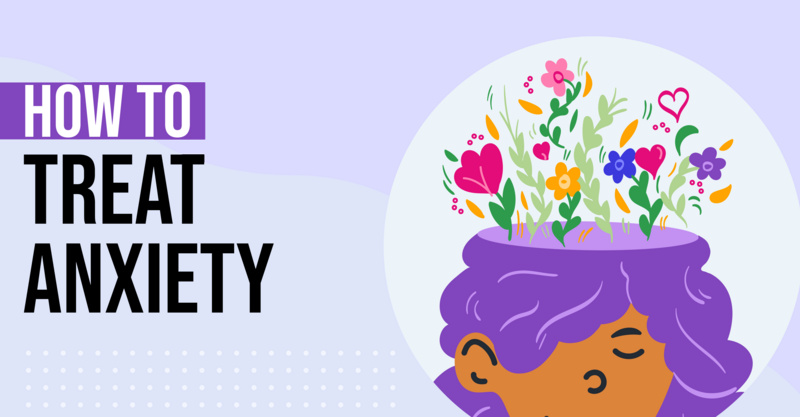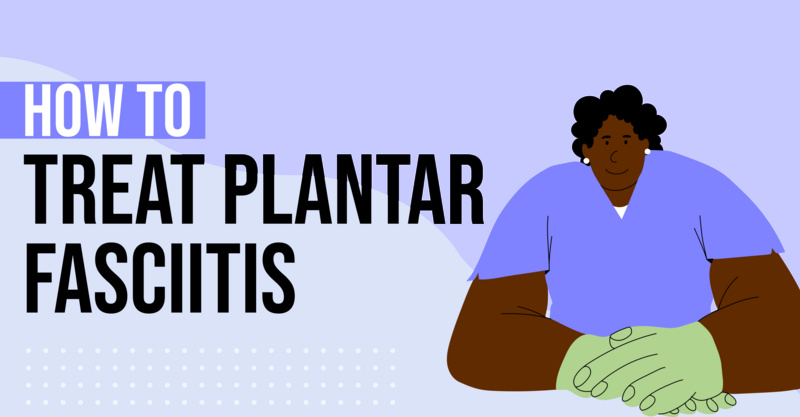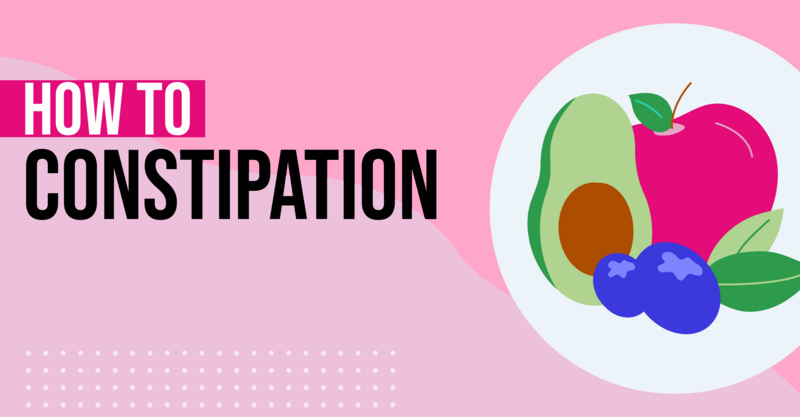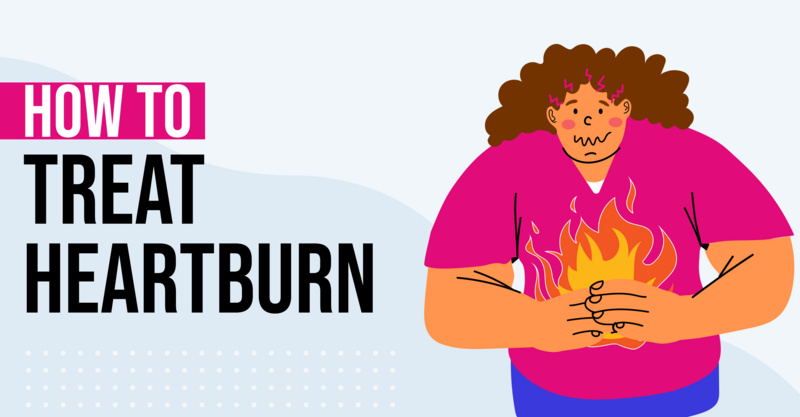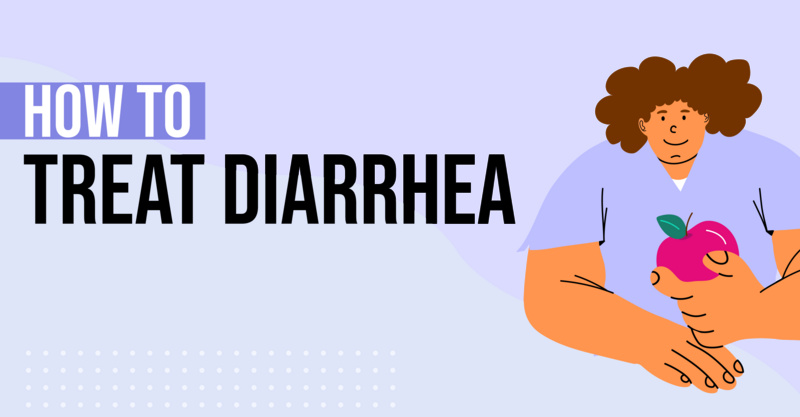Key Points
- Gout is a form of arthritis caused by the accumulation of uric acid crystals in joints, leading to inflammation and pain, often affecting the big toe but can also impact other joints.
- Risk factors for gout include genetics, certain diets, certain medical conditions, and some medications.
- Symptoms of gout include sudden and severe pain, swelling, redness, warmth, stiffness, and limited mobility in the affected joint.
- Home remedies for gout include rest, elevation, ice and heat therapy, over-the-counter pain relief, dietary modifications, and drinking coffee or lemon water.
- Chronic gout may require medications to lower uric acid levels, and prevention strategies include dietary changes, hydration, weight management and exercise, and limiting alcohol intake.
Gout is a type of arthritis that happens when uric acid builds up in the blood and forms crystals in the joints—causing inflammation and pain. It typically affects the big toe, but can also affect other joints such as the ankle, knee, wrist, and fingers, according to the Mayo Clinic. Having a gout flare-up can be painful and disruptive to your life. Trying some of the following home remedies may help you reduce your flare-up and prevent further flare-ups.
First, if you’re experiencing your first flare-up or you’re not sure if what you have is gout, here’s a little more about it:
What is Gout?
Gout is a type of inflammatory arthritis that usually affects one joint at a time, most commonly the big toe, according to the Mayo Clinic. They note that it is caused by the buildup of uric acid crystals in the joint, which can lead to sudden and severe pain, swelling, and redness.
Causes and Risk Factors
Gout is caused by high levels of uric acid in the blood, which can form crystals in the joints, according to the Mayo Clinic. They note that several factors can increase your risk of developing gout, including:
- Genetics
- Diets high in red meat, seafood, and alcohol
- Certain medical conditions, such as kidney disease
- Some medications, such as diuretics
Symptoms
The symptoms of gout usually come on suddenly and can be very painful, according to the Mayo Clinic. They may include:
- Sudden and severe pain in one joint (most commonly the big toe)
- Swelling and redness in the affected joint
- Warmth and stiffness in the affected joint
- Limited ability to move the affected joint
What to do For Gout Flare-Ups at Home
While medication is sometimes necessary to manage gout, there are also several things you can do at home to help alleviate symptoms and prevent future flare-ups.
1. Rest and Elevation
During a gout flare-up, it's important to rest the affected joint as much as possible, according to Healthline. Elevating the joint can also help to reduce swelling and discomfort. They recommend that you try propping up your foot or hand on a few pillows while you relax.
2. Ice and Heat Therapy
Applying ice to the affected joint can help to reduce inflammation and pain, according to Healthline. They note that you can try wrapping an ice pack in a towel and applying it to the joint for 20-30 minutes at a time, several times a day. Heat can help improve blood flow and promote healing, so Healthline recommends switching between ice and heat for the most benefits.
3. Over-The-Counter Pain Relief
Over-the-counter pain relievers like ibuprofen or acetaminophen can help to reduce pain and inflammation during a gout flare-up, according to Healthline. Be sure to follow the recommended dosage instructions and check with your doctor if you have any underlying health conditions or are taking other medications.
4. Dietary Modifications
Certain foods can trigger gout flare-ups or make symptoms worse, according to Healthline. During a flare-up, it's important to avoid high-purine foods like red meat, organ meats, and seafood. Instead, focus on eating low-purine foods like fruits, vegetables, and whole grains. Alcohol can also make a flare-up worse. The Mayo Clinic recommends that you limit or avoid alcohol if you have gout.
5. Drinking Coffee
Healthline notes that there is some limited evidence of people finding relief from gout by drinking coffee. You should not exceed the daily limit for caffeine, which is 400 milligrams (mg) per day, according to the Mayo Clinic. This is roughly around 4 cups of brewed coffee or 2 standard-sized energy drinks. Always check the label to see how much caffeine is in your drink. If you have any medical conditions, the Mayo Clinic recommends checking with your doctor first.
6. Drinking Lemon Water
There is some anecdotal evidence that drinking lemon water may help gout symptoms during a flare-up, according to Healthline. If you like lemons, they recommend slicing half a lemon and putting the slices in a glass of water.
7. Avoiding Foods High in Purine
Foods that are high in purine are known to cause gout and gout flare-ups, according to the Mayo Clinic. If you’re having a gout flare-up, the Mayo Clinic suggests that you avoid the following foods:
- Bacon
- Turkey
- Veal
- Venison
- Organ meats, such as liver
- Anchovies
- Sardines
- Mussels
- Herring
- Cod
- Haddock
- Trout
- Scallops
Medications for Gout
If you are experiencing a gout attack, nonsteroidal anti-inflammatory drugs (NSAIDs) such as ibuprofen can help relieve the pain and inflammation, according to Healthline. Colchicine is another medication that can be used to treat gout attacks, according to the Mayo Clinic. They note that it is available by prescription only and works by reducing the inflammation and pain associated with gout.
If you have chronic gout, your doctor may prescribe medications to lower the levels of uric acid in your blood, according to the Mayo Clinic. These medications can work by either reducing the production of uric acid or increasing the elimination of uric acid from your body.
In addition to medication, there are also lifestyle changes you can make to help manage gout. The Mayo Clinic notes that maintaining a healthy weight, avoiding foods high in purines (such as red meat and seafood), and staying hydrated by drinking plenty of water, are all important.
When to Seek Urgent Care for Gout
While most gout attacks can be treated at home, according to Healthline, there are times when you should seek medical help. This includes particularly severe flare-ups, and flare-ups that do not get better. The Mayo Clinic recommends getting medical attention if you experience:
- Sudden and intense joint pain
- Fever
- A joint that is swollen, hot, and inflamed
Preventing Gout
Making dietary changes can help prevent gout attacks. You should avoid foods that are high in purines (such as red meat, organ meats, and seafood). Instead, focus on eating low-purine foods, such as vegetables, fruits, and whole grains. You should also limit your intake of high-fructose corn syrup, which is found in many processed foods.
Hydration
Staying hydrated is important for preventing gout attacks, according to the Mayo Clinic. It is also a good idea to limit your intake of sugary drinks, such as soda, which they note can increase your risk of gout.
Weight Management and Exercise
If you are overweight, losing weight can help reduce your risk of gout, according to the Mayo Clinic. Regular exercise can also help prevent gout attacks, by helping to reduce uric acid build-up. Avoid intense exercise, such as running, which can be hard on your gout-affected joints. Instead, the Mayo Clinic recommends that you opt for low-impact exercise like walking or swimming.
Alcohol and Gout
Drinking alcohol can increase your risk of gout attacks, according to the Mayo Clinic. They recommend that you limit your intake of alcohol, especially beer (which is high in purines) if you have gout.
Key Takeaways
Gout is a form of arthritis that affects the joints (especially the big toe). There are several things you can do to reduce your chances of having a gout flare-up, including reducing your intake of high-purine foods and alcohol, as well as maintaining a healthy weight, staying hydrated, and getting regular exercise. If you do have a gout flare-up, here are some home remedies that can help:
- Stay hydrated by drinking plenty of water and other fluids.
- Avoid foods high in purines, such as red meat, seafood, and alcohol.
- Eat a diet rich in fruits, vegetables, whole grains, and low-fat dairy products.
- Use ice packs or cold compresses to reduce pain and inflammation.
- Elevate the affected joint to reduce swelling.
- Alternate ice and heat on the affected joints.
- Take over-the-counter pain relievers, such as ibuprofen or acetaminophen, as directed.
- Consider using natural remedies, such as drinking lemon water and coffee.
Gout can lead to more severe complications, like recurrent flare-ups and kidney stones, so it is important to treat your gout seriously. Some prescription medications can help if lifestyle changes are not enough.
Frequently asked questions
What causes gout?
Gout is caused by the buildup of uric acid crystals in the joints. This can be due to genetics, certain diets, certain medical conditions, and some medications.What are the symptoms of gout?
Symptoms of gout include sudden and severe pain in one joint, swelling and redness in the affected joint, warmth and stiffness in the affected joint, and limited ability to move the affected joint.How can gout be managed at home?
Gout can be managed at home through rest and elevation, ice and heat therapy, over-the-counter pain relief, dietary modifications, and drinking coffee or lemon water.What foods should be avoided during a gout flare-up?
Foods high in purine, such as bacon, turkey, veal, venison, organ meats, and certain seafood, should be avoided during a gout flare-up.What are some prevention strategies for gout?
Prevention strategies for gout include dietary changes, hydration, weight management and exercise, and limiting alcohol intake.When should I seek medical attention for gout?
You should seek immediate medical attention for severe gout flare-ups or those that do not improve with home remedies.What medications are used for chronic gout?
Chronic gout may require medications to lower uric acid levels in the blood, such as nonsteroidal anti-inflammatory drugs (NSAIDs) and colchicine.Can lifestyle changes help manage gout?
Yes, lifestyle changes, such as maintaining a healthy weight, avoiding high-purine foods, and staying hydrated, can help manage gout.
Solv has strict sourcing guidelines and relies on peer-reviewed studies, academic research institutions, and medical associations. We avoid using tertiary references.

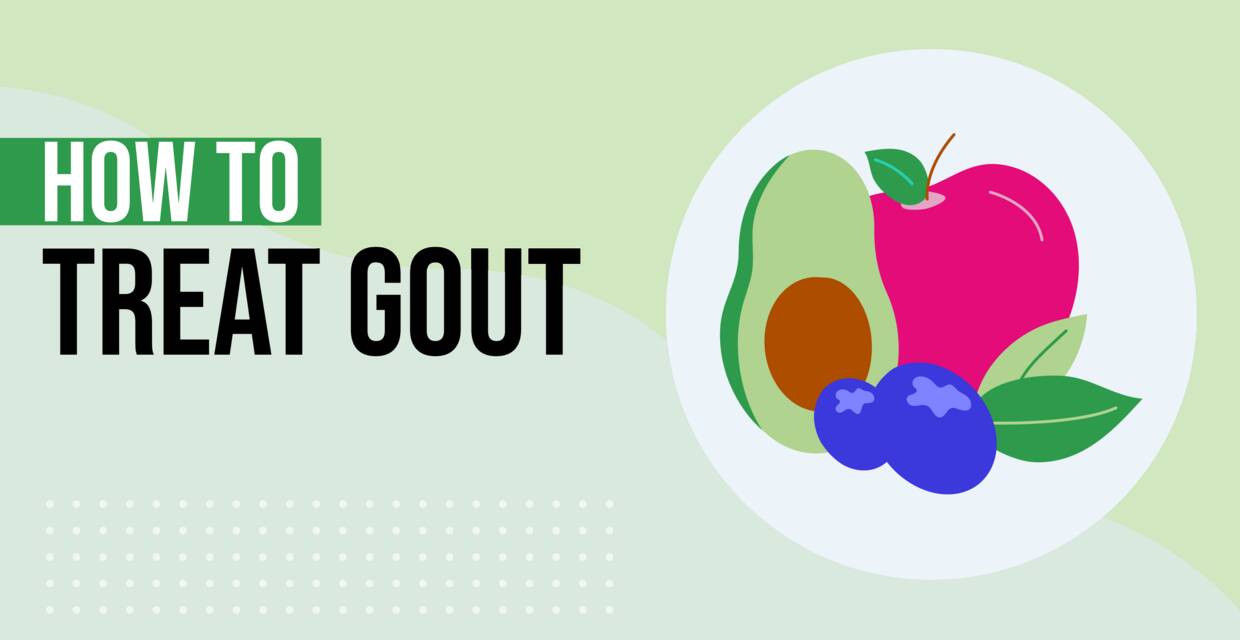
 LinkedIn
LinkedIn

